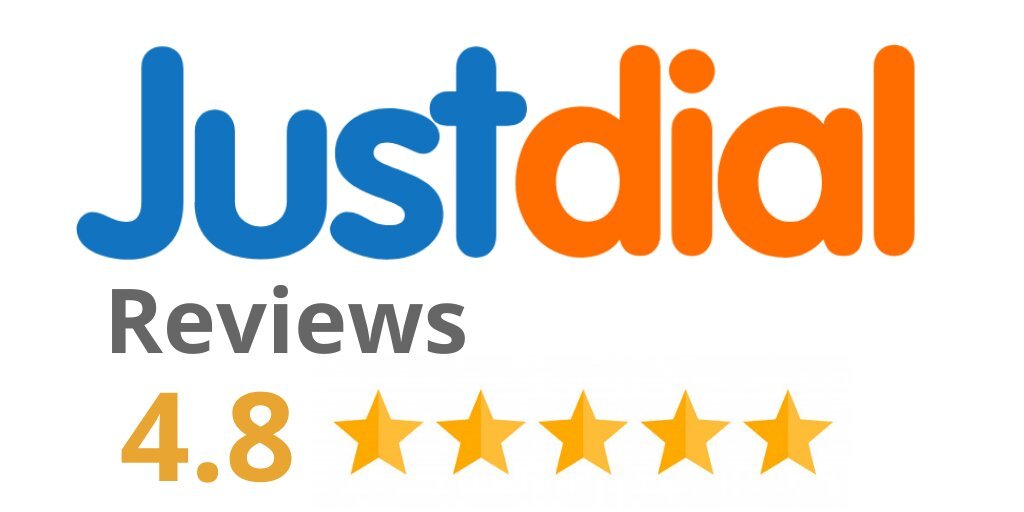Web Application Frameworks
About Web Application Frameworks
Welcome to Realtime Project centre in chennai, your go-to source for understanding and navigating the world of web application frameworks in chennai. In the dynamic realm of web development, frameworks play a pivotal role in streamlining the creation of robust, scalable, and maintainable web applications.
What are Web Application Frameworks?
Web application frameworks are essential tools that provide a structured foundation for building web applications in chennai. They offer a set of pre-defined rules, conventions, and functionalities, allowing developers to focus on application-specific logic rather than dealing with low-level details. These frameworks come equipped with libraries, templates, and tools that simplify common tasks, fostering efficiency and consistency throughout the development process.
Why Choose a Framework?
Choosing a web application framework is a critical decision in the development process. Realtime Project centre in chennai provides a foundation for building applications that are not only functional but also scalable and maintainable. Whether you’re a seasoned developer or just starting your journey in web development, exploring and understanding these frameworks will undoubtedly enhance your ability to create cutting-edge web applications in chennai.
Key Features:
Structure and Organization: Frameworks facilitate the organization of code by promoting the use of the Model-View-Controller (MVC) or similar architectural patterns. This ensures clarity and maintainability as your project grows.
Efficiency and Productivity: By handling routine tasks and providing reusable components, frameworks accelerate the development cycle. This efficiency not only saves time but also enhances the overall productivity of development teams.
Security: Many frameworks come with built-in security features, protecting applications against common web vulnerabilities. This reduces the risk of security breaches and ensures a safer user experience.
Scalability: Frameworks are designed to scale with the growth of your application. They offer tools for managing database interactions, handling user sessions, and optimizing performance, ensuring your web application can handle increased traffic and data.
Popular Web Application Frameworks:
Django: A high-level Python web framework that encourages rapid development and clean, pragmatic design.
Ruby on Rails: Known for its simplicity and convention over configuration approach, Ruby on Rails is a powerful framework for building elegant and maintainable web applications.
Express.js: A minimalist web application framework for Node.js, Express.js is widely used for building robust and scalable server-side applications.
Angular: A TypeScript-based open-source framework maintained by Google, Angular is ideal for building dynamic, single-page web applications.
React: Developed by Facebook, React is a JavaScript library for building user interfaces and is often used in combination with other frameworks to create comprehensive web applications.





















